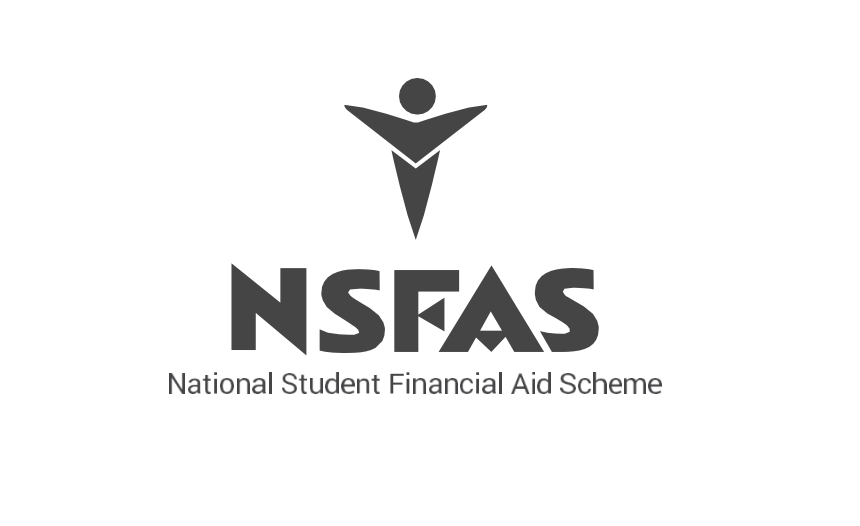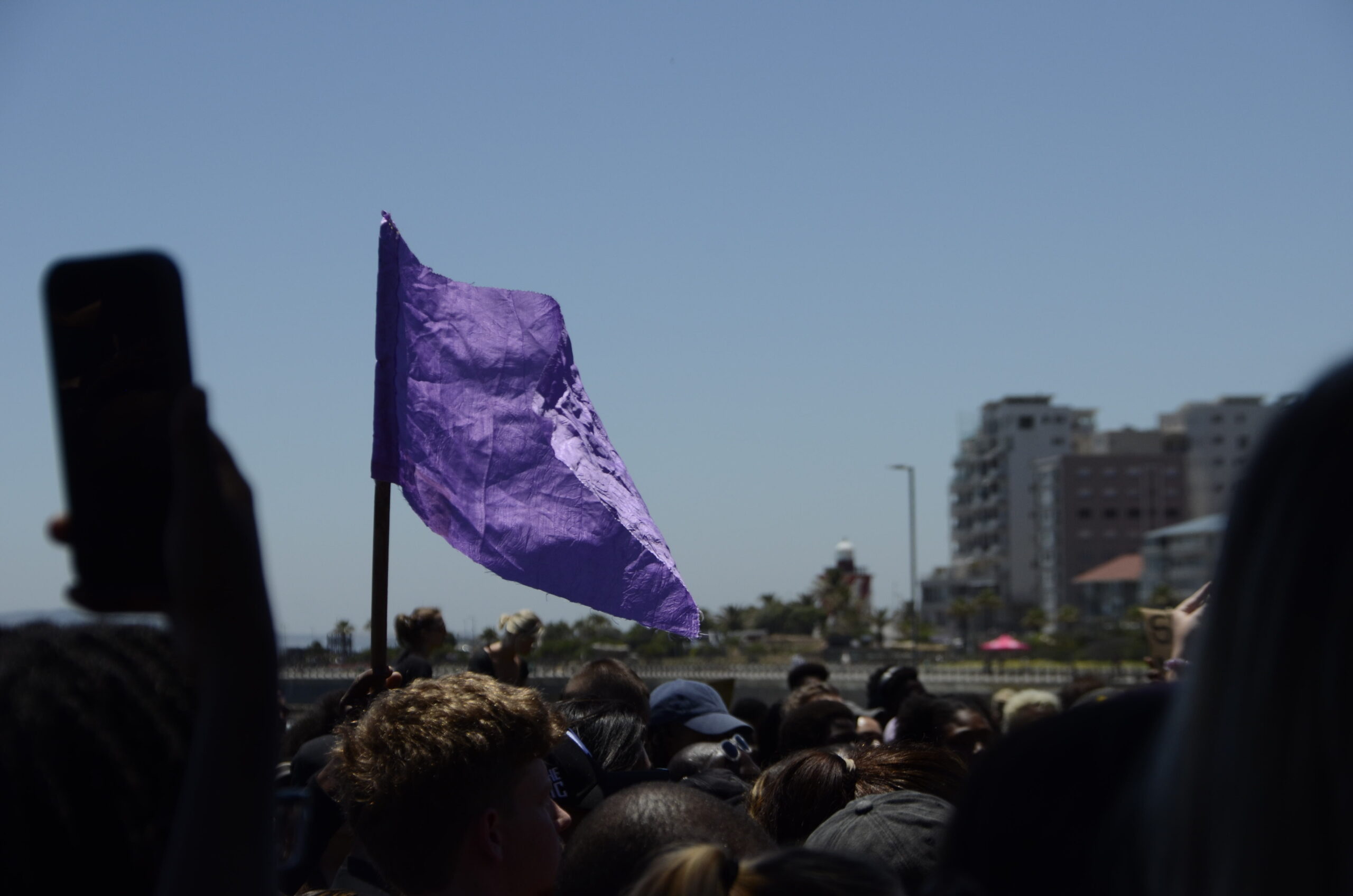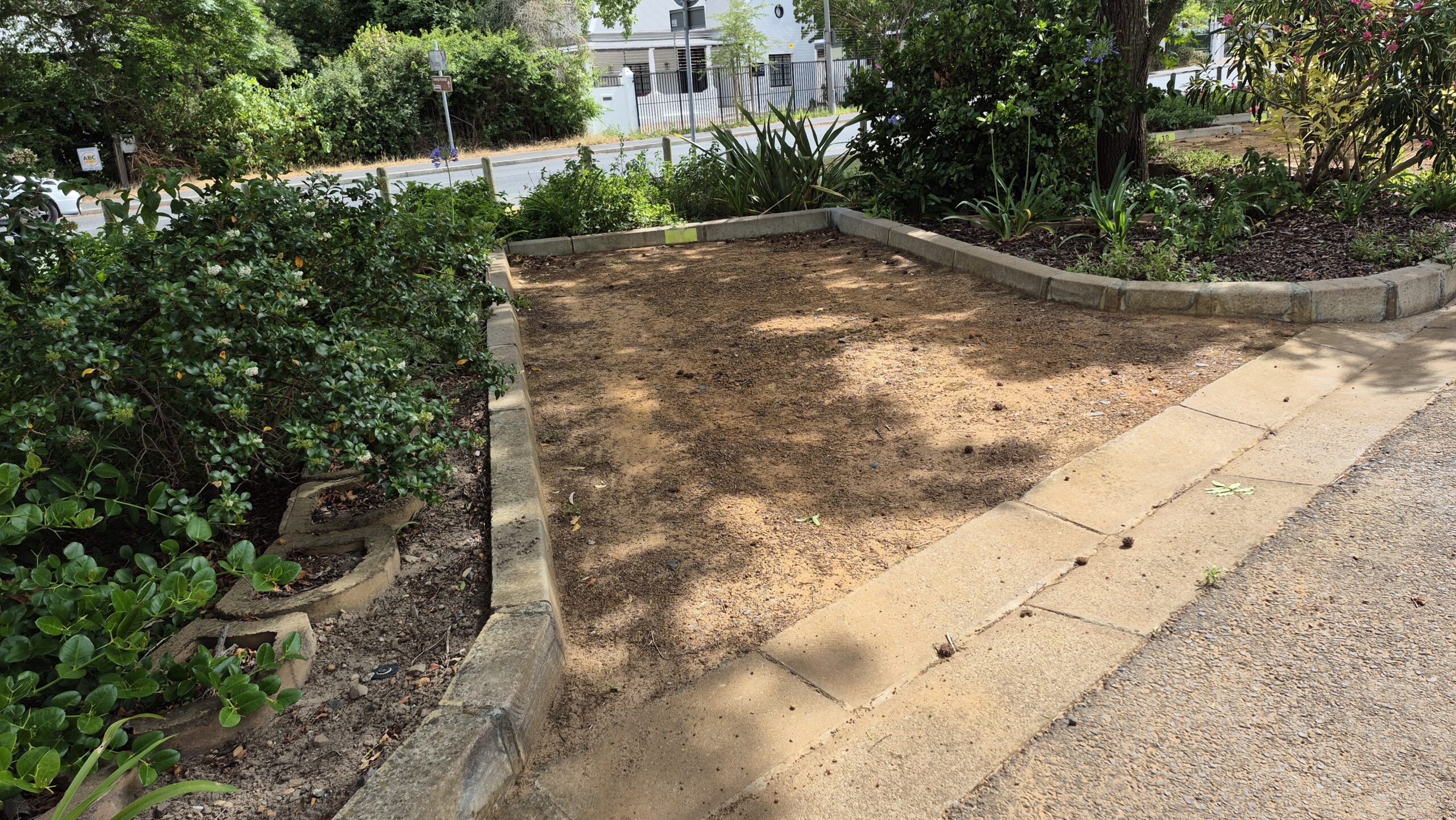BY BRADLEY GROVERS
The political science department at Stellenbosch University (SU) has gained a new addition to their wide range of research units. Ursula van Beek, the director of the Centre for Research on Democracy (CREDO), mentioned that the new centre’s main aim is focusing on high quality research, whilst building a national centre for the study and debates on major challenges facing democracy in South Africa.
According to a document provided by Van Beek, “As the heir to the Transformation Research Initiative (TRU), CREDO inherits a long-standing and globally well-acknowledged record of comparative research on democracy across all cultural regions, along with a wide international network of academic and data partners.”
The document also stated that CREDO plans to build on this legacy of the TRU whilst also “building a national centre for the study and debates on major challenges facing democracy in South Africa, in the region, and in the world”.
“CREDO aims to aspire to become agenda-setters exploring problems confronting democracy as they arise, through contributing to an existing body of theoretical knowledge,” said Van Beek.
Van Beek explained that the centre approaches qualitative and quantitative research methods to help develop the understanding of history and culture in a given society. The aforementioned document provided by Van Beek continued by stating, “CREDO’s current research agenda considers such challenges to democracy as social and political polarization, inequality, populism, xenophobia, the global authoritarian challenge, and the impact of social media.”
The document expanded further by explaining that CREDO’s object of study is “to interrogate the roots and effects these factors have on the political culture and behaviour of citizens that determine the stability, or weakness, of democracy and its institutions.”
Abongile Quthu, a third-year BA (International Studies) student majoring in political science expressed his view on the centre and said, “This is an important phenomenon that we need in our country to create an environment that is conducive for all citizens, whilst the centre serves as an intersection to expand our understanding on how democracy should be managed in order to serve the country to the level best.”
His expectation for the centre “is that it focuses on [s]ocial injustice and inequality in our country as a democratic state”, for it “to serve as a channel where . . . people can acquire . . . information about democracy”, and “furthermore be accessible to . . . people within our larger Stellenbosch community”.
In partnership with the political science department and the South African Research Chair Initiative (SARChI Chair), Van Beek mentioned that “CREDO aims to offer a variety of teachings and programmes to graduate and postgraduate students on methods-based study of democracy and gender politics respectively.” Academically promising students on a master’s degree level will be offered a scholarship if their dissertation constitutes the overall agenda of CREDO.
As a way to ensure visibility and inclusion, the centre will also host a variety of debates and webinars focusing on topics of high relevance to democracy in South Africa. CREDO’s involvement in international research offers a comparative perspective and setting to the country’s democracy in global contexts.
CREDO aims to enhance a variety of globally recognised speakers acknowledging the promotion of CREDO’s research on democracy.
Furthermore, CREDO hosted the United Nations of South Africa (UNASA)’s SU Chapter and promoted the importance of raising awareness in the areas of women empowerment, youth upliftment, human rights, gender-based violence, and the climate change crisis. Milowo Njinge, SU student and executive member of UNASA for youth literacy, said, “CREDO is a great initiative, as it deals with the prevalent issues of our country, which [need] the attention of the government.”
“CREDO focuses on the now and aims to better the future,” said Njinge.



